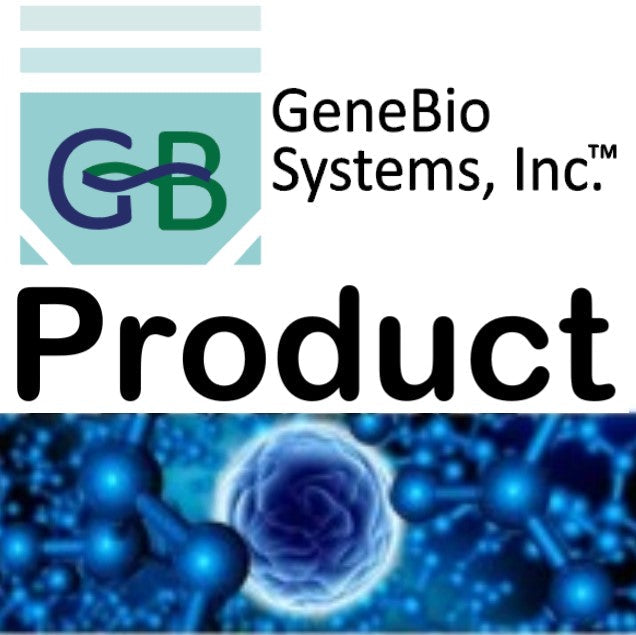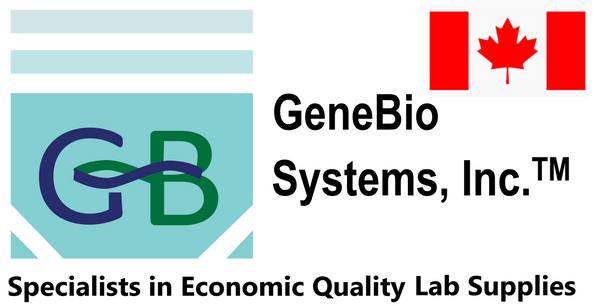Gene Bio Systems
Recombinant Mouse Protein CYR61(Cyr61)
Recombinant Mouse Protein CYR61(Cyr61)
SKU:CSB-EP006463MO
Couldn't load pickup availability
Size: 200ug. Other sizes are also available. Please Inquire.
In Stock: No
Lead time: 10-20 working days
Research Topic: Immunology
Uniprot ID: P18406
Gene Names: Cyr61
Organism: Mus musculus (Mouse)
AA Sequence: TCPAACHCPLEAPKCAPGVGLVRDGCGCCKVCAKQLNEDCSKTQPCDHTKGLECNFGASSTALKGICRAQSEGRPCEYNSRIYQNGESFQPNCKHQCTCIDGAVGCIPLCPQELSLPNLGCPNPRLVKVSGQCCEEWVCDEDSIKDSLDDQDDLLGLDASEVELTRNNELIAIGKGSSLKRLPVFGTEPRVLFNPLHAHGQKCIVQTTSWSQCSKSCGTGISTRVTNDNPECRLVKETRICEVRPCGQPVYSSLKKGKKCSKTKKSPEPVRFTYAGCSSVKKYRPKYCGSCVDGRCCTPLQTRTVKMRFRCEDGEMFSKNVMMIQSCKCNYNCPHPNEASFRLYSLFNDIHKFRD
Expression Region: 25-379aa
Sequence Info: Full Length of Mature Protein
Source: E.coli
Tag Info: N-terminal 10xHis-tagged and C-terminal Myc-tagged
MW: 44.1 kDa
Alternative Name(s): 3CH61 CCN family member 1 Cysteine-rich angiogenic inducer 61 Insulin-like growth factor-binding protein 10
Relevance: Promotes cell proliferation, chemotaxis, angiogenesis and cell adhesion. Appears to play a role in wound healing by up-regulating, in skin fibroblasts, the expression of a number of genes involved in angiogenesis, inflammation and matrix remodeling including VEGA-A, VEGA-C, MMP1, MMP3, TIMP1, uPA, PAI-1 and integrins alpha-3 and alpha-5. CYR61-mediated gene regulation is dependent on heparin-binding. Down-regulates the expression of alpha-1 and alpha-2 subunits of collagen type-1. Promotes cell adhesion and adhesive signaling through integrin alpha-6/beta-1, cell migration through integrin alpha-1/beta-5 and cell proliferation through integrin alpha-v/beta-3
Reference: "Adhesion of human skin fibroblasts to Cyr61 is mediated through integrin alpha 6beta 1 and cell surface heparan sulfate proteoglycans." Chen N., Chen C.-C., Lau L.F. J. Biol. Chem. 275:24953-24961(2000)
Purity: Greater than 90% as determined by SDS-PAGE.
Storage Buffer: Tris-based buffer,50% glycerol
Storage: The shelf life is related to many factors, storage state, buffer ingredients, storage temperature and the stability of the protein itself. Generally, the shelf life of liquid form is 6 months at -20℃/-80℃. The shelf life of lyophilized form is 12 months at -20℃/-80℃.
Notes: Repeated freezing and thawing is not recommended. Store working aliquots at 4℃ for up to one week.


